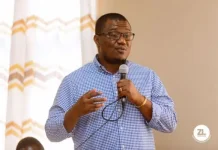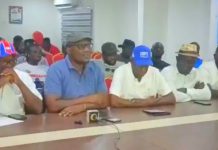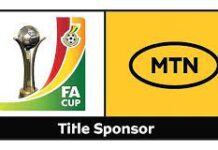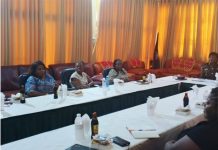Writer: Daniel Benin || OHIM TV
The recent remarks by the Greater Accra Regional Minister, Linda Ocloo, suggesting that CAITEC has irresponsibly reclaimed land within the Weija Ramsar Site and defied presidential directives, are both misleading and deeply unfair.
In fact, CAITEC, led by Mr. Tang Hong, has demonstrated more environmental foresight and responsibility than many others in the area.
To begin with, CAITEC is not the only developer at Weija. Several Nigerian developers have also purchased lands and undertaken filling works on the same site.
Singling out CAITEC, a company that has operated at Mallam-Weija since 1995 and consistently cooperated with authorities, suggests either a lack of full context or a skewed narrative.
A Track Record of Responsibility
Since its establishment in 1995, CAITEC has not only provided jobs and supported the local economy, but it has also been directly affected by flooding in the region. Rather than waiting for government assistance, the company took initiative.
It constructed drainage systems and responsibly filled select portions of the land to stop recurring floods at Mallam. The results speak for themselves — flooding in the area has since reduced significantly.
This is not the behavior of a rogue operator. This is what a responsible corporate citizen looks like.
The Bigger Picture: A Model for Sustainable Development
The Weija Ramsar Site is, indeed, a valuable ecological zone. But that does not mean it must be locked away from responsible development.
The very essence of sustainable development lies in the ability to balance environmental conservation with economic progress.
CAITEC’s long-term efforts — including its infrastructure investments and history of cooperation — prove that it is possible to grow without destroying.
Calling CAITEC’s actions “illegal reclamation” ignores the fact that this same company has worked hand-in-hand with local stakeholders for decades. It is not anti-environment; it is pro-solution.
Let’s Be Fair and Constructive
Instead of vilifying CAITEC, we should be asking: why aren’t all developers held to the same standard?
Why is one company, with a proven history of mitigating flooding and supporting community development, being cast as defiant?
Mr. Tang Hong and his team have publicly stated their willingness to cooperate with government and comply with any directive — and their track record supports that claim. What is needed now is dialogue, not threats; partnership, not punitive posturing.
A Bright Future Needs Unity, Not Division
The Weija Ramsar Site can be a symbol of how we get development right — not a battlefield of blame. With continued community engagement, thoughtful planning, and recognition of those who have already shown commitment, this site can thrive. CAITEC has already shown that commitment.
Now, it’s time for the rest of us to catch up — with fairness, facts, and a shared vision for a sustainable future.
The views expressed in this article are those of the author and do not necessarily reflect those of any organization.








































